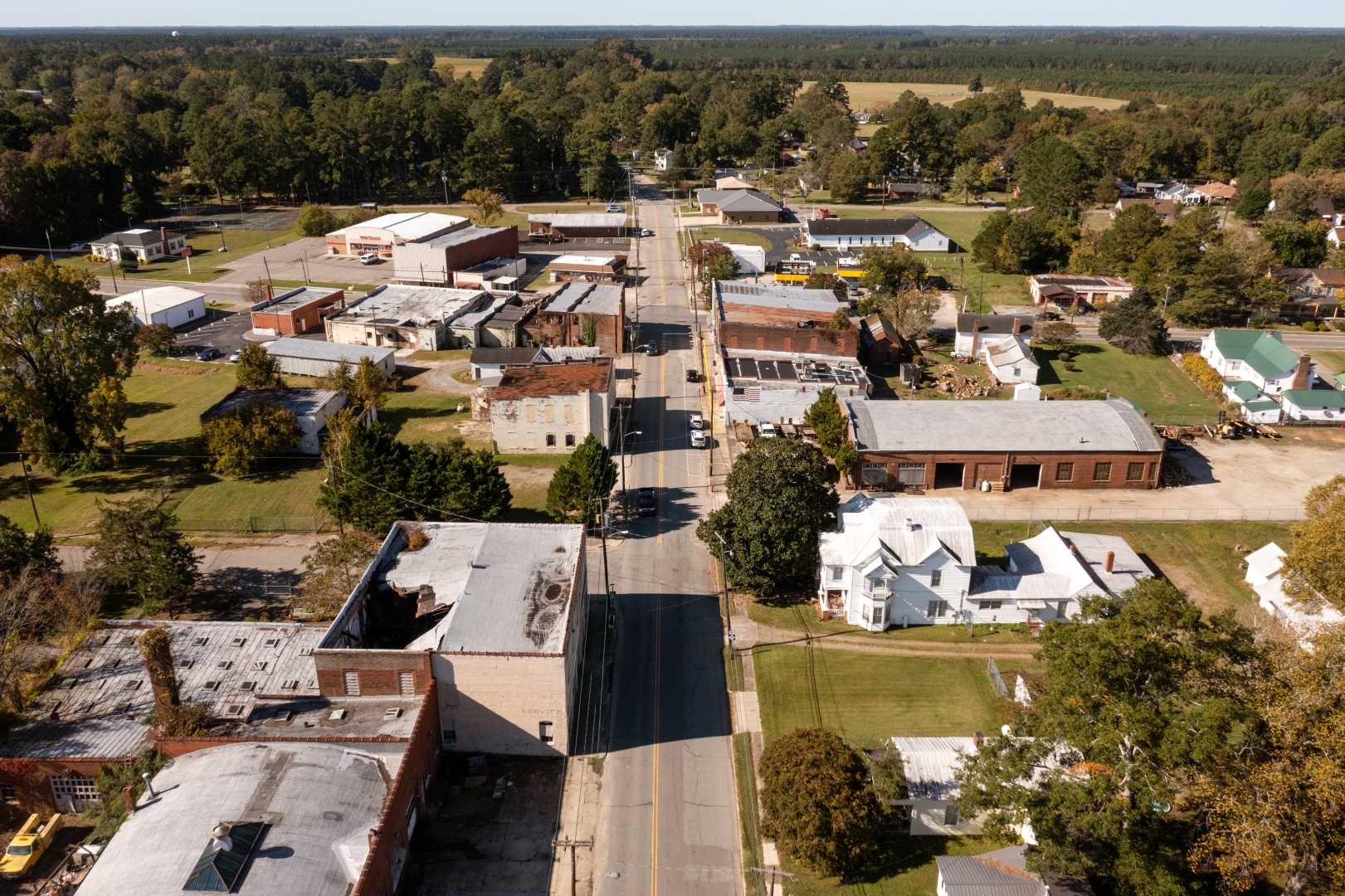News
Small Town of Speed Faces Possible Closure Amid Financial Struggles

Speed, North Carolina – The tiny community of Speed may soon face dissolution as its local government grapples with mounting financial reporting issues. The Local Government Commission (LGC) has urged Speed to voluntarily dissolve due to failing to meet mandatory financial audits for three consecutive years.
Located in eastern Edgecombe County, Speed covers just 0.3 square miles and has a population of approximately 60, many of whom are long-time residents. Originally founded as a railroad town in 1901, its population peaked in the mid-20th century, but the aftermath of Hurricane Floyd in 1999 led to significant decline.
The town currently lacks full-time staff and has limited online presence, making communication and governance challenging. Wilbert Harrison, the mayor since 1996, has worked mostly from home due to health issues. In 2023, he was re-elected uncontested, gaining only 12 votes.
Under state law, Speed is required to produce a yearly financial audit and maintain a balanced budget by July 1. However, it submitted its budget over three months late in 2024, violating state statutes. This lack of compliance prompted the LGC to suggest dissolution last August.
Despite a presentation from the LGC detailing the dissolution process, local officials have shown little interest. Kenneth Randolph, a commissioner since 2015, mentioned that the town does not generate enough monthly revenue to sustain its operations even if audits were completed.
In October, the Town Board passed a resolution indicating its intent to dissolve. Harrison expressed sadness over the potential loss of the community’s integrity. The town has until June 30, 2026, to distribute its liabilities, further complicating matters for its aging population.
As Speed navigates its financial troubles, discussions on maintaining essential services like trash collection, which Edgecombe County does not provide, remain urgent. Randolph suggested forming a homeowners association to handle these needs, but plans are not yet in motion.
The outlook for Speed remains grim, as town officials recognize the challenges ahead. Harrison and Randolph continue to hope for a solution that preserves the town’s identity amidst its struggles.












